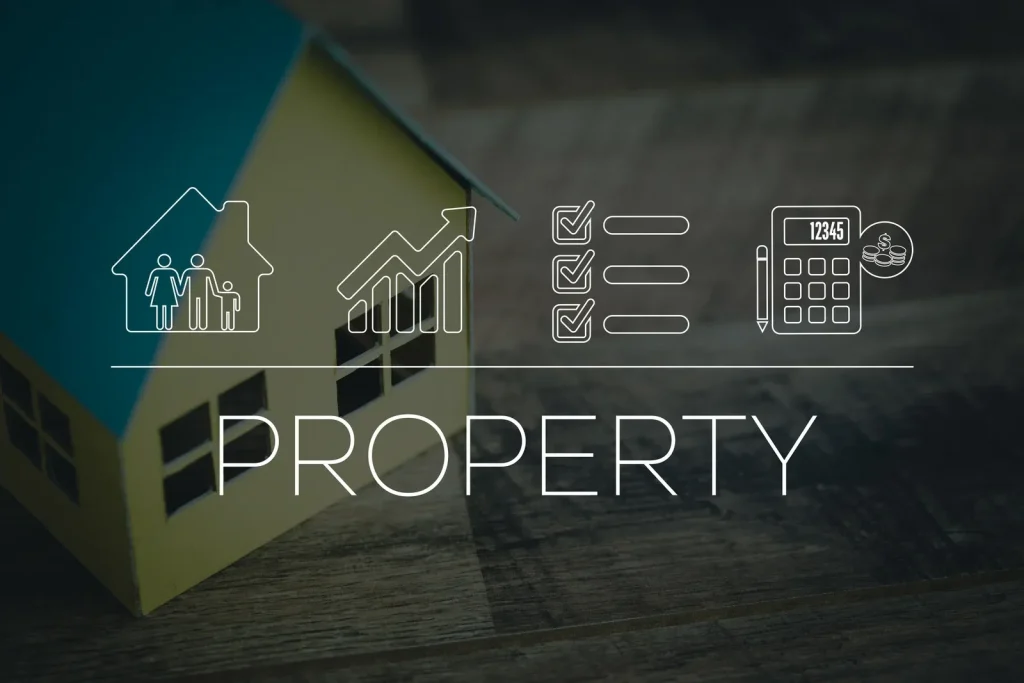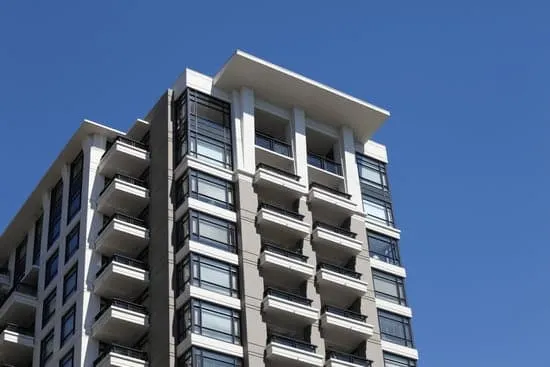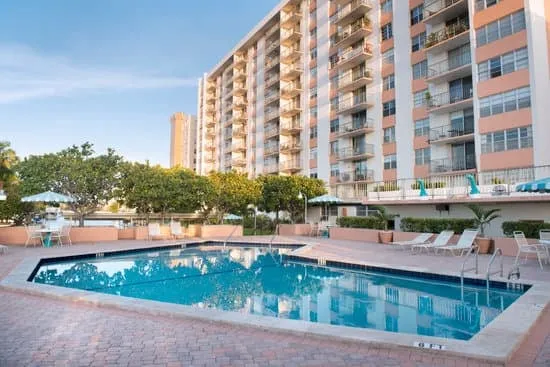Florida Property Insurance Litigation: Declining but Still Substantial After AOB and Legislative Reforms
Florida’s property insurance market has long been the most litigated in the nation, but recent legislative reforms have begun to change that narrative. While lawsuits have dropped significantly since the peak of 2021–2022, property insurance litigation remains a major factor in the state’s real estate and construction sectors. The combination of the Assignment of Benefits (AOB) reforms and new property insurance laws enacted in 2023 and 2024 continues to reshape how claims, coverage disputes, and contractor payments are handled in 2025—and will continue to influence the landscape into 2026.
A Brief Look Back: What Sparked the Crisis
For years, Florida’s insurance market suffered from rising premiums and a flood of lawsuits. Thousands of claims were being litigated over roof damage, water intrusion, and hurricane losses. A large portion of those suits involved “Assignment of Benefits” (AOB) agreements—contracts that allowed contractors, roofers, or remediation companies to stand in the policyholder’s place and demand payment directly from insurers.
The AOB system was meant to help homeowners get quick repairs, but it was often abused. Some contractors inflated repair costs or filed lawsuits before insurers could properly investigate claims. By 2022, AOB-related suits were overwhelming state courts, driving insurers out of the market and forcing major premium hikes for homeowners and associations.
AOB Reform and the 2023–2024 Legislative Overhaul
In response, Florida lawmakers passed sweeping insurance reforms targeting both AOB abuse and litigation costs. The most impactful changes include:
• A full prohibition on AOB agreements for property insurance policies issued after January 1, 2023.
• Elimination of one-way attorney fees, meaning each party now pays its own legal costs unless a contract or statute explicitly provides otherwise.
• Tightened timelines for insurers to acknowledge, investigate, and pay claims, reducing opportunities for delay-based suits.
• Streamlined mediation and appraisal procedures to encourage pre-litigation resolution.
• Creation of the Florida Optional Reinsurance Assistance (FORA) Program to stabilize insurers’ financial risk and promote new market entrants.
These measures collectively reduced the volume of new lawsuits filed in 2024 and 2025, with the Florida Office of Insurance Regulation reporting a steady year-over-year decline in property claim litigation. However, the overall number of open cases remains significant due to older, pre-reform claims still making their way through the courts.
What We’re Seeing in 2025
While the reforms have slowed the flood of new lawsuits, Florida continues to see thousands of active property insurance cases in both state and federal court. Many of these disputes now focus on complex policy interpretation issues rather than AOB-related claims.
Key trends shaping 2025 include:
1. Fewer but More Complex Cases
With AOB claims largely gone, remaining litigation involves larger dollar amounts, disputed policy exclusions, and alleged bad-faith handling. These cases often stem from hurricane or flood damage in coastal counties.
2. Rise in Condominium and HOA Claims
Condominium boards and associations are increasingly litigating coverage disputes over common area repairs, roof replacements, and wind mitigation issues. Associations must now handle these claims directly without assigning them to contractors.
3. Contractor Payment Challenges
Without AOB, contractors now rely on direct contracts with property owners for payment. Disputes over repair quality, scope of work, and unpaid balances are shifting from insurance litigation into civil and construction litigation.
4. Continued Premium Pressures
Although litigation has declined, insurers remain cautious. Reinsurance costs and catastrophic risk continue to keep premiums high, even as legislative reform brings gradual stability.
5. Increased Use of Mediation and Appraisal
With fewer attorney-fee incentives to litigate, both insurers and property owners are turning to alternative dispute resolution methods to settle claims more efficiently.
The Impact of Recent Court Decisions
Several Florida appellate courts have upheld the new AOB restrictions and confirmed the constitutionality of removing one-way attorney fees. These rulings reinforce the state’s push to balance consumer protection with insurer sustainability. At the same time, courts have emphasized that insurers must continue acting in good faith when handling claims—ensuring that policyholders’ rights are not compromised by the shift in incentives.
What Property Owners and Associations Should Do Now
• Review Insurance Policies Carefully – Understand new policy language, including deductible structures, windstorm exclusions, and repair obligations.
• Document Every Claim Thoroughly – Photos, estimates, and correspondence are essential to protecting your position in any dispute.
• Use Licensed Contractors Only – Unlicensed or out-of-state contractors may violate state law and compromise claim validity.
• Engage Legal Counsel Early – For large losses or denied claims, consulting an attorney before taking legal action can help determine whether mediation, appraisal, or litigation is the best path forward.
• Update Governing Documents – Condominium and HOA boards should review bylaws and insurance provisions to ensure compliance with post-reform statutes.
What to Expect Heading Into 2026
Florida’s property insurance litigation volume is expected to continue declining through 2026, but disputes will likely become more specialized. As new insurance companies enter the market, competition may stabilize premiums, while courts continue clarifying the limits of policy exclusions and attorney fee recovery.
The transition period will remain critical. Homeowners, condo boards, and contractors must adapt to a new reality—one where prevention, documentation, and negotiation play a greater role than litigation did in the past decade. For insurers, the reforms are beginning to restore financial viability, but rebuilding trust among policyholders will take time.
Bottom Line
Florida’s property insurance litigation is no longer in crisis, but it is far from quiet. The reforms targeting AOB agreements and attorney fee recovery have reduced volume, yet thousands of cases remain active as older claims wind through the courts. The coming year will test whether these legislative changes can deliver the long-term stability Florida’s property owners and insurers have been seeking for years.
Feinstein Real Estate Litigation & Business Law
501 E Las Olas Blvd, Suite 300, Fort Lauderdale, FL 33301
Phone: (954) 767-9662
Website: www.feinsteinlaw.net
Feinstein Real Estate Litigation & Business Law represents property owners, condominium associations, and developers in insurance coverage disputes, construction defect claims, and complex real estate litigation across South Florida.




 954-767-9662
954-767-9662



